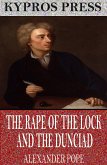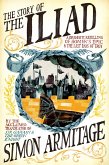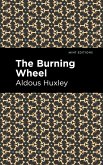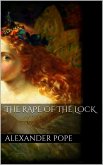Transposing English aristocratic society onto the world of the gods, Alexander Pope's The Rape of the Lock is the story of a grave offence against the natural order of the universe: the theft of a lock of hair.
Dieser Download kann aus rechtlichen Gründen nur mit Rechnungsadresse in A, D ausgeliefert werden.








